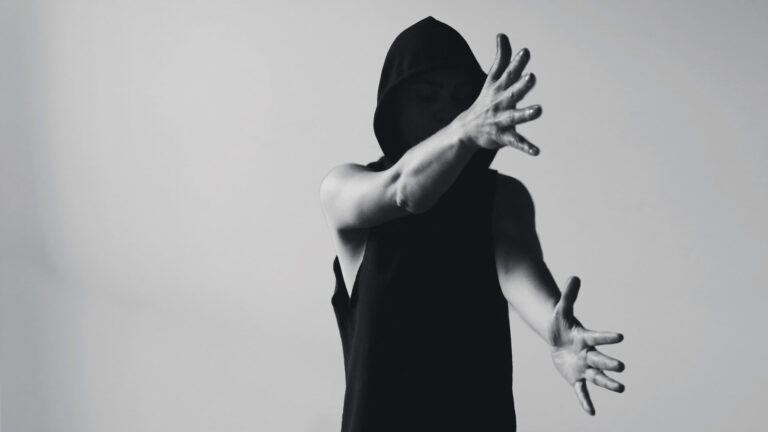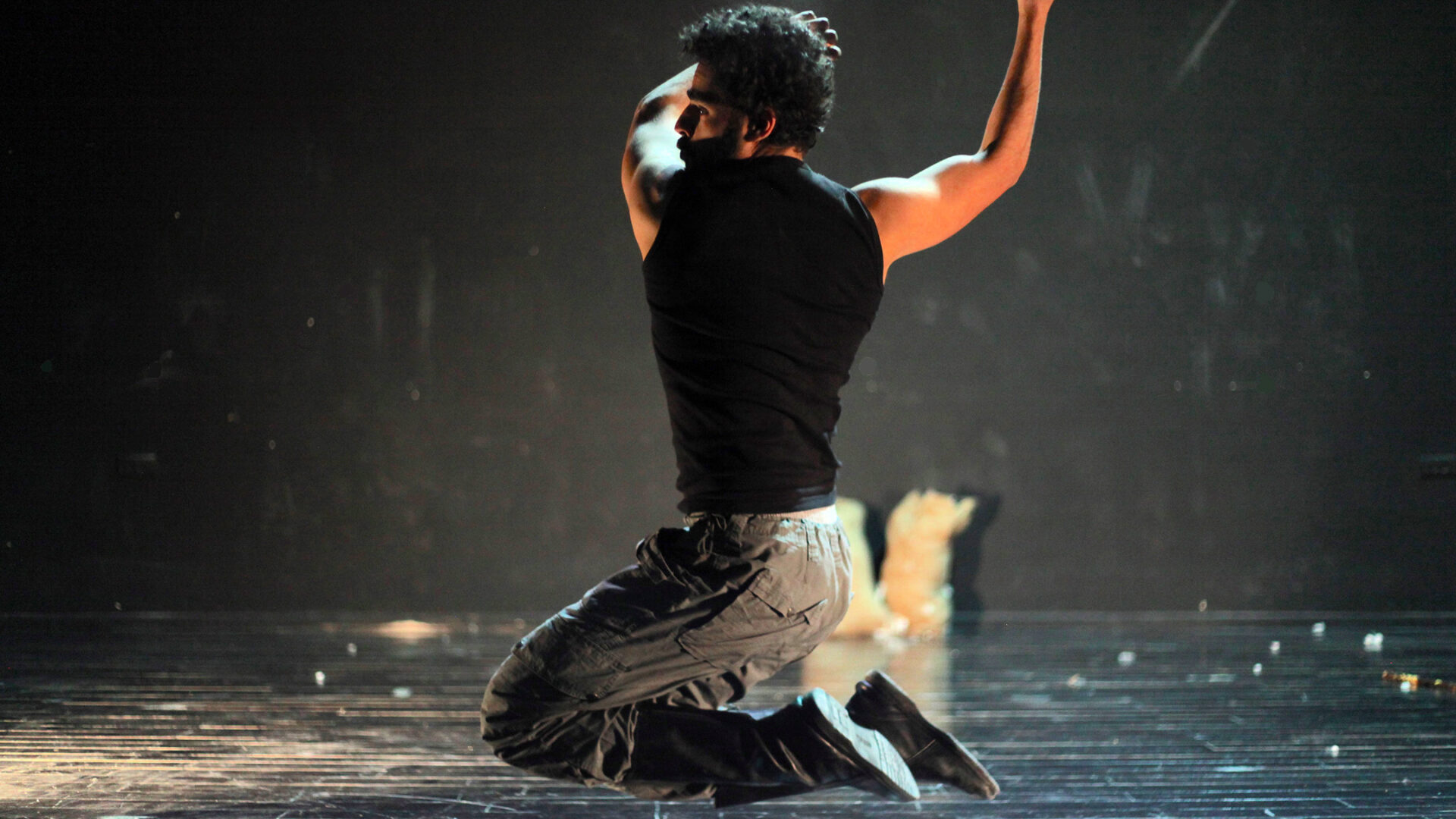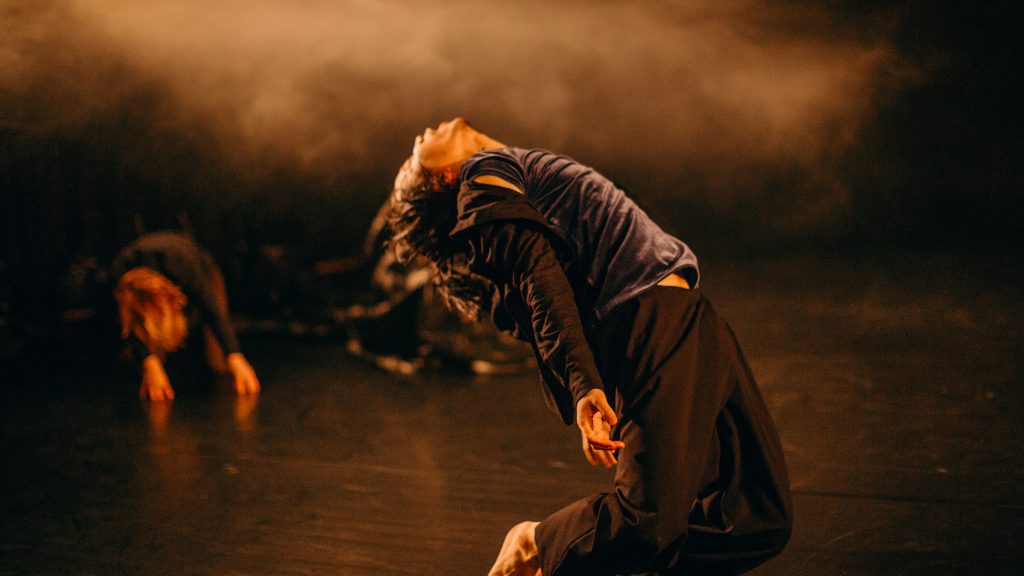In less than 20 years, Beirut has become a regional hub for contemporary dance, in part thanks to the work of Maqamat, a local dance company that organises annual festivals and runs a dance house in the Lebanese mountains.
When Lebanese choreographer and dancer Omar Rajeh founded dance company Maqamat in 2002, contemporary dance was almost unknown in Lebanon. After staging several of his own productions with a small team, he launched a new dance festival in 2004, naming it the Beirut International Platform of Dance, or BIPOD for short. Fourteen years on, the festival has transformed Lebanon’s cultural scene, generating an audience for contemporary dance locally and supporting regional performers who have gone on to create performances and found similar initiatives across the Arab world.

Wondering where to stay in Beirut ?
Take a look at La Maison Rayes, Baffa House and Zanzoun, our Family Members in the Lebanese capital.
Initially, Rajeh recalls, audiences were bemused by the experimental aspects of the form, having been raised on more classical fare. Today, BIPOD’s events are frequently sold out, attracting a loyal audience that knows to expect anything. In 2012, the festival’s headline act was an entire performance executed using only the dancers’ hands, which enacted a complex, moving tale against tiny backdrops, including a model trainset and a fish tank. This year’s edition of the festival, which runs from April 11 to 27, will launch with “We Women,” a performance by Spanish ensemble Sol Picó. The performance is a perfect beginning for an edition dedicated to female choreographers and all women who “publicly and privately fight every day and continue walking in life remarkably,” according to the festival’s artistic director, dancer Mia Habis. In addition to this timely focus, the 14th edition of BIPOD is centred on Italian dance and features performers from Spain, Italy, Iceland, America, Switzerland, Norway and Germany. Performances are accompanied by a programme of workshops, masterclasses, exhibitions, discussion panels and talks with the artists.
For Rajeh, cultural production is a means of rebellion, even of survival. “The world is becoming a small place and we are being left with two choices: either to surrender and obey or to insist on creating landscapes of inspiration,” he says. “Our only hope is culture, the artistic work, and the artists that open new horizons, visions and dreams for us. We invest in the present because we believe it is the only pathway to a better future.”
In addition to bringing world-class international productions to Beirut, Maqamat has played a crucial role as a supporter and facilitator of Arab contemporary dance. This year marks the seventh edition of Moultaqa Leymoun, a parallel programme taking place during BIPOD and featuring 17 dancers and choreographers from the Arab world. Many of the performers who have taken part in previous editions have gone on to galvanise and expand the contemporary dance scenes in their home countries, just as in Lebanon BIPOD has created a taste for the artform that has led to an increase in both audiences and productions.

Other local festivals, such as the Beiteddine Festival, held each summer in July and August, and Al-Bustan Festival, held in Beit Mery each February and March, now often invite internationally contemporary dancers to perform in Lebanon. This year’s edition of Al-Bustan included a performance by Flying Steps, who presented their breakdance interpretation of Bach.
In the meantime, the local scene is growing. Maqamat’s dance house, Beit al-Raqs, located in the Chouf Mountains, is a hub where local, regional and international artists can come to meet, research, and train. A programme of retreats allows artists to develop their work and make new cross-cultural connections. Local teachers also offer classes, allowing a new generation of dancers and choreographers to be born.
In less than two decades, Beirut has established itself as the regional hub for contemporary dance, attracting world-class performances attended by an interested, educated and engaged crowd. Its reputation stems in part from Maqamat’s ongoing efforts to prioritise creativity, modernisation and free expression through dance, but the city’s appetite for culture and experimentation also plays a role.
Beirut may not have an opera house or a branch of the Louvre, but it remains the cultural hub of the region thanks to the energy and determination of the artists and art-lovers who make it their mission to prioritise culture in the face of endless challenges.

